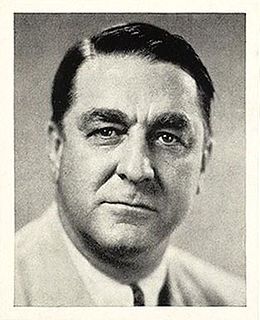A Quote by Jonathan Swift
Though Diogenes lived in a tub, there might be, for aught I know, as much pride under his rags, as in the fine-spun garments of the divine Plato.
Related Quotes
There was a horrible smell in the kitchen the next morning when Harry went in for breakfast. It seemed to be coming from a large metal tub in the sink. He went to have a look. The tub was full of what looked like dirty rags swimming in gray water. "What's this?" he asked Aunt Petunia. "Your new school uniform," she said. Harry looked in the bowl again. "Oh," he said, "I didn't realize it had to be so wet.
Let's just call things what they are. When a man's love of finery clouds his moral judgment, that is vanity. When he lets a demanding palate make his moral choices, that is gluttony. When he ascribes the divine will to his own whims, that is pride. And when he gets angry at being reminded of animal suffering that his own daily choices might help avoid, that is moral cowardice.






































